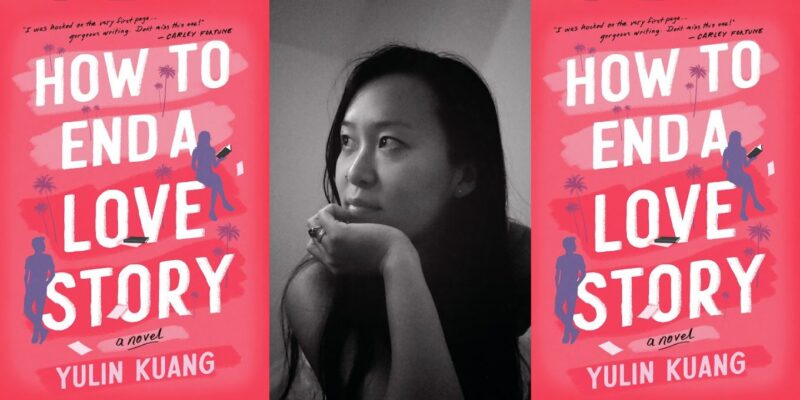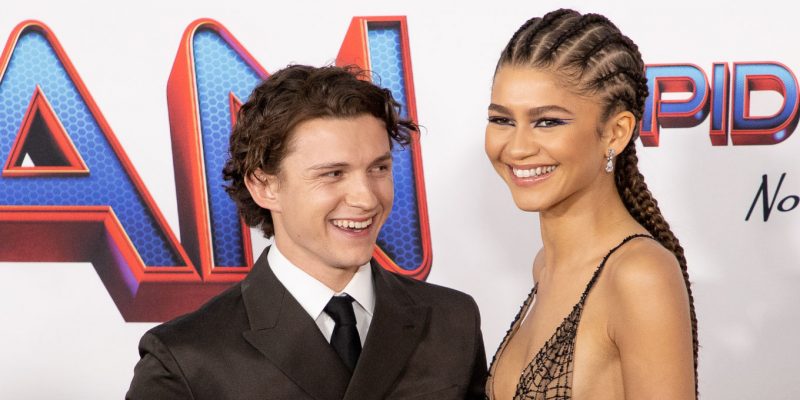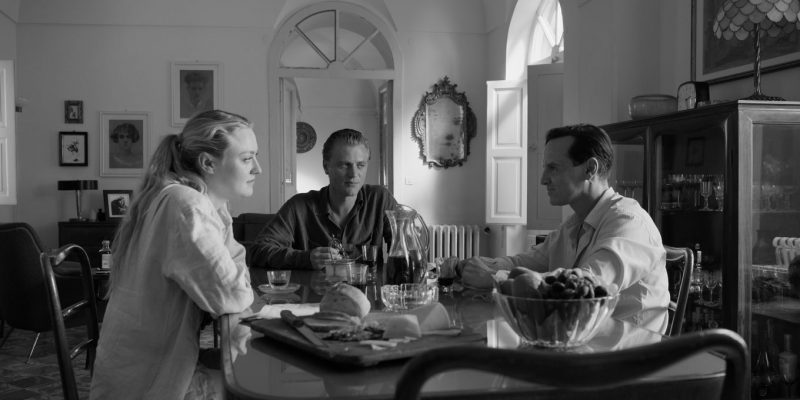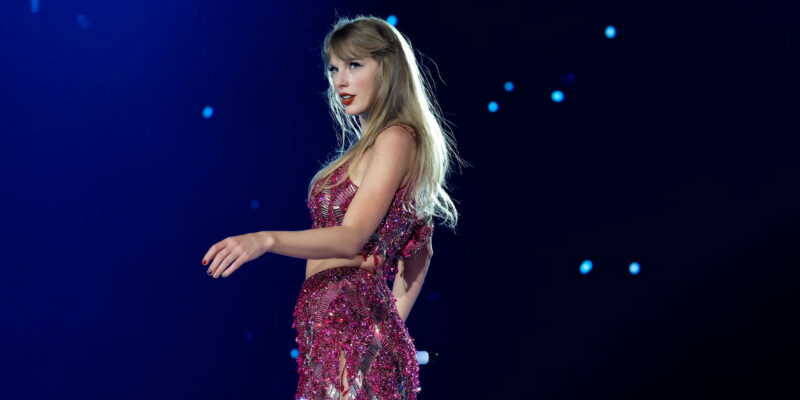Culture
Cara Delevingne Is Free to Be
After a public unravelling, the model turned actor is putting herself back together and grabbing hold of each day’s joys as they come.
by : Hannah Marriott- Sep 15th, 2023
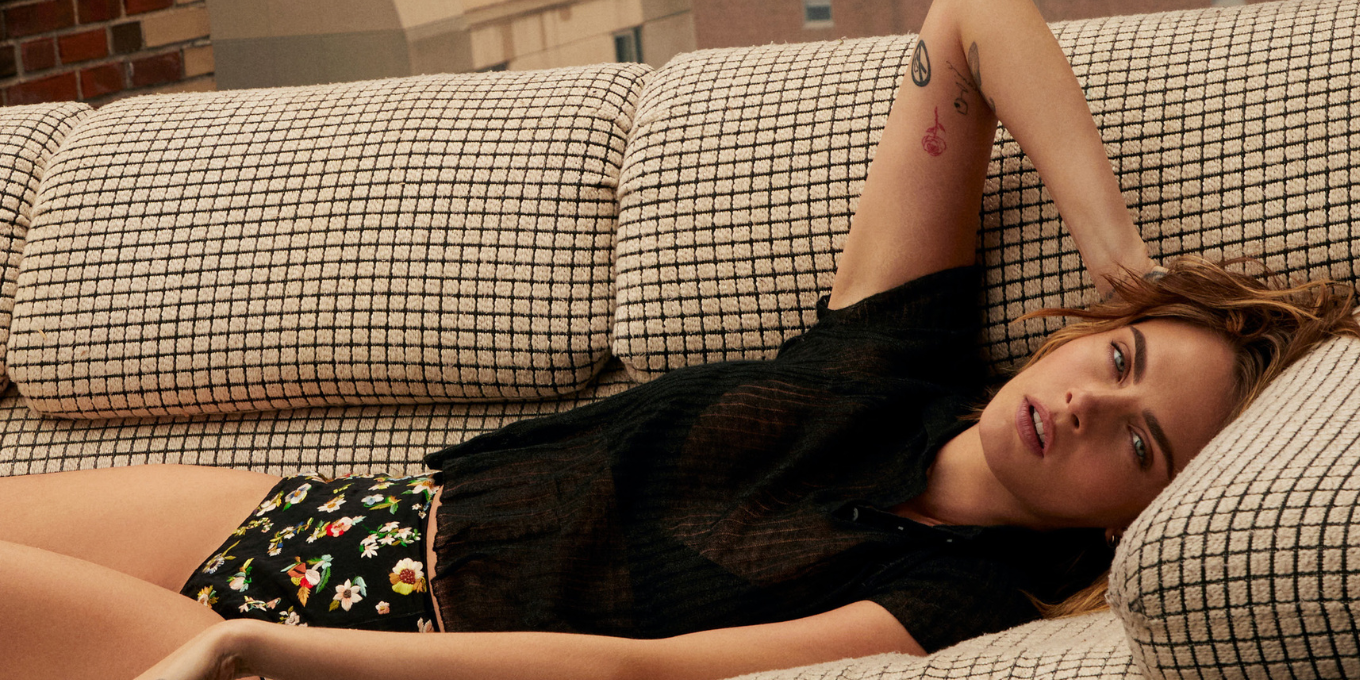
QUENTIN JONES
Cara Delevingne sits in the lobby bar of an arts venue in Manhattan, her black beanie hat pulled down so low that her world-famous eyebrows are barely visible. She is dressed for anonymity, not attention. She wears burgundy jogging pants, black runners and a cushiony black Staud sheepskin jacket that envelops her like a weighted blanket.
Delevingne’s casual dress and general skater-kid energy make a compelling contrast to her million-dollar face. Her huge blue eyes pull focus at all times. Picture Elsa from Frozen wearing a beanie and Nike x Supreme Air Force 1s and vaping and you’ll get the idea. In an inversion of her high-fashion life, Delevingne’s armour is not glamour but comfort. She is a sneaker enthusiast—she has at least 40 pairs—and she loves vintage band T-shirts. She gets “very attached” to certain items, like today’s jacket.
Her sheer presence explains why anonymity is never really an option for Delevingne: Within moments, a quartet of excited middle-aged British men holding champagne glasses materialize at the end of our table. “Hello, Cara,” they say, visibly dazzled. “We just wanted your…feedback.” The men shake her hand one by one and sit on the sofas next to us—one perches on the coffee table—and fire off questions about the show we have just seen. “This is my second visit,” she says. “I cried the first time.” They nod and keep asking questions, which she answers warmly and thoughtfully. One brings over a champagne bottle and offers her a drink. She demurs, quickly, politely.
The men, I soon learn, work on Sonic Sphere, the immersive production Delevingne and I have just seen. It’s a soundand-light installation held within a ball that’s 20 metres in diameter and suspended in a dark, cavernous amphitheatre. Together, we entered the orb and lay side by side on mesh sheeting, listening to dreamy electronic music and watching pulsating kaleidoscopic lights ripple in our peripheral vision. It was a trip—enveloping and meditative. Afterwards, as we disembarked via a 15-metre metal staircase, Delevingne explained why she chose it for our rendezvous. She’d spent the past few months immersing herself in theatre, music and art, seeking out novel cultural experiences for inspiration and sustenance. “I’m able to live in a way that I never thought I would be able to —where I can really experience things and engage with them,” she said. “I never thought I would be able to enjoy anything this much.”
 All clothing and accessories (Dior)
All clothing and accessories (Dior)At 31, Delevingne says she has entered a shiny new era. The big change is sobriety, which she started embracing a year ago. She won’t say it has been easy. “It hasn’t, but there have never been moments when I’ve been like, ‘This isn’t worth it.’ It’s been worth every second. I just don’t know what it would take for me to give it up. I am stable. I’m calmer.” She has learned a lot, she says. “That I’m resilient as hell. That anything is possible. I think I used to say that and not believe it. But now I really believe it.”
Throughout her life, Delevingne has suffered from periods of anxiety, depression and substance misuse, but things came to a head in September 2022, when she was photographed looking frail and fraught after the Burning Man festival, shortly before she checked into rehab. She spoke publicly about her struggles soon afterwards. She says talking about it “after vowing to be honest about things like depression and anxiety” made her feel like a weight had been lifted. “For a long time, I felt like I was hiding a lot from people who looked up to me.” So she took a break “to disappear and come back for air,” she explains. “I finally feel as though I can be free and fully myself.”
Anyone who only knows the outline of Delevingne’s career as an enormously successful supermodel turned actor may be unaware of the difficulties in her life. Her mother, Pandora Delevingne, suffered from heroin addiction and bipolar disorder throughout her daughter’s childhood. After signing with Storm Management in 2009, Cara was pole-vaulted to global fame as the face of Burberry’s spring/summer 2011 campaign; almost overnight, she became the It model of the moment. Her success collided with the rise of social media, and her huge following and irreverent attitude made her a star of the Instagram generation. Her luxuriant eyebrows were not only her trademark—the millennial equivalent of Cindy Crawford’s mole—but they sparked a small industry of YouTube tutorials, HD brows and thickening products. She won awards and was one of the highest-paid models in the world.
 All clothing and accessories (Dior)
All clothing and accessories (Dior)But throughout it all, she was struggling. “It didn’t feel real,” she says. “I didn’t feel like I deserved it; I didn’t feel worthy. I was still stuck in this mindset of not being good enough. I was doing the best I could, but I wasn’t really appreciating every moment. Inside, I felt very different from how I looked.” Still, Delevingne says, she wouldn’t change her fashion ascent now. She speaks warmly of the industry, particularly the friendships she forged. “Me, Jourdan [Dunn] and Karlie [Kloss] were thick as thieves.” So many people, such as Balmain’s Olivier Rousteing, “have been so much more than work friends and have taught me a lot about living.”
She has gradually stepped back from fashion—more than ever this past year, she says—and instead leaned into her passion for acting. She is one of the few models who’ve made the career switch successfully. She has starred in teen dramas (Paper Towns) and blockbusters (Suicide Squad) as well as prestige television, such as the beloved comedy-drama series Only Murders in the Building. She is currently filming Ryan Murphy’s American Horror Story. She can’t reveal much about it other than to say the role was written with her in mind (“One of the most incredible things you can hear as an actor”) and that she finds Murphy hugely inspiring. “He can go to dark depths that other people are scared to [go to]—because life goes there,” she says.
“I can really experience things and engage with them. I never thought I would be able to enjoy anything this much.”
Delevingne has had to find her own way through recovery so far. She started with Alcoholics Anonymous’ 12-step program and has a sponsor as well as support from “friends who have been down this path before and have been instrumental in guiding me.” But traditional therapy has never worked for her, she says. Instead, she sees Colin Dunsmuir, her yoga teacher since she was 18, three times a week over FaceTime. Sometimes they talk, or they might do breathing or chanting. “Whatever my body needs. He knows me so well. But, honestly, feeding myself creatively is probably the best self-care I can do. I feel like art is therapy for me.”
She was at a Jamie xx gig recently and went to Glastonbury too. She knows that many people recommend paring life back to the basics during the first year of sobriety, but, she says, “there’s not a one-size-fits-all. I felt like waiting to have a life again would have been my downfall.” Her gut is telling her not to put anything on hold—to live life to the fullest. “And I believe in that completely, whereas before, I didn’t trust myself,” she says. “I second-guessed myself constantly. There was a lot of anxiety involved. Now I just feel free of that.”
One of Delevingne’s recent projects was Planet Sex, an intimate, well-reviewed BBC documentary in which she revealed her struggles with shame and internalized homophobia around her own queer identity. Of her identity now, she says she has “an awareness and acceptance of the fact that it will always evolve” and feels “comfortable in [her] skin and in [her] queerness.” She says she didn’t have icons to look up to when she was young: “Not really. Like, Billie Jean King, but not until I was older. And Elton [John] and George Michael. And men who pushed gender boundaries, like David Bowie and Prince, but not women.” Representation is important, “especially for young people who feel like they’re alone,” she adds. “To see people who are like them and to see anyone under the umbrella of the LGBTQIA2S+ flag. It’s all family.”

In Planet Sex, she said that she had missed out on being part of a queer community, in part due to becoming so famous so young. That’s not the case anymore. “My girlfriend has been really wonderful in introducing me to a lot of things and people,” she says of her musician partner, Leah Mason, who performs as Minke. (The pair first met 20 years ago when they were at boarding school, lost touch, then reconnected last year at an Alanis Morissette concert.) Mason has been one of her biggest supporters through sobriety and one of the reasons that “2023 has been the best year I’ve had so far. Being in this relationship, there are just so many things that came at once that have made me so happy and comfortable with who I am.” The pair went to L.A. Pride together; Mason did a drum solo with a pair of dildos. “It was fan-tas-tic,” she says, grinning, enunciating every syllable.
Delevingne is a huge RuPaul’s Drag Race fan; she can’t understand why anyone would object to drag, as the right wing increasingly do, particularly in the United States. She makes an insightful comparison between drag and Arnold Schwarzenegger’s thoughts on bodybuilding; she recently watched the Netflix documentary Arnold, in which he describes being a shy kid who used his muscles to create a confident new stage persona. “He became this different person. Comfortable and free. I am like, ‘Yes, Arnie, [you were] doing drag!’ That’s literally what drag is!”
Queer joy is important, she says, “now more than ever—in England and in the U.S. It’s a scary time for queer people. But the more we’re met with fear, the more joy we have to bring. No one can take that joy away, no matter what. We’re not going anywhere.”
“Before, I didn’t trust myself. I second-guessed myself constantly. There was a lot of anxiety involved. Now I just feel free of that.”
 All clothing and accessories (Dior)
All clothing and accessories (Dior)The future looks great, she says. She has a to-do list. Delevingne has always wanted babies. “I’ve got my eggs to freeze,” she says. “Stuff to figure out.” After that, eventually, she will get some of her tattoos removed as part of what she hopes will be “a fresh start.” And there is work, of course. She is signed on for a Patricia Highsmith biopic, focusing on a love triangle between Highsmith (Shailene Woodley) and two other women, played by Delevingne and Portrait of a Lady on Fire’s Noémie Merlant. “The script is incredible,” she says. She is also recording music in the studio, but it’s “just for [her]. There is no plan.” She is trying to live without expectations. “It’s not easy. Like anything, it’s a practice. I’m just taking it day by day. The projects I’m doing are things I really care about.”
One big thing has changed, though: She has now found boundaries. “I don’t feel like I learned what [one] was until I got older,” she says. She demonstrates that in the lobby bar with those sweet awestruck men who linger at the table and eventually try to cajole her into accompanying them to a James Blake gig. She charmingly swerves them. “Sorry. I do have to do an interview now,” she says with a smile. “I’d love to give you more feedback [when I’m done].” They go back to their table. And when our interview is over, she hugs me and disappears into her car, leaving quickly so they don’t notice and no egos are crushed. She’s heading to her apartment to spend time with her girlfriend. Everybody has wanted a piece of Delevingne for over a decade; now she’s learning what to keep for herself.
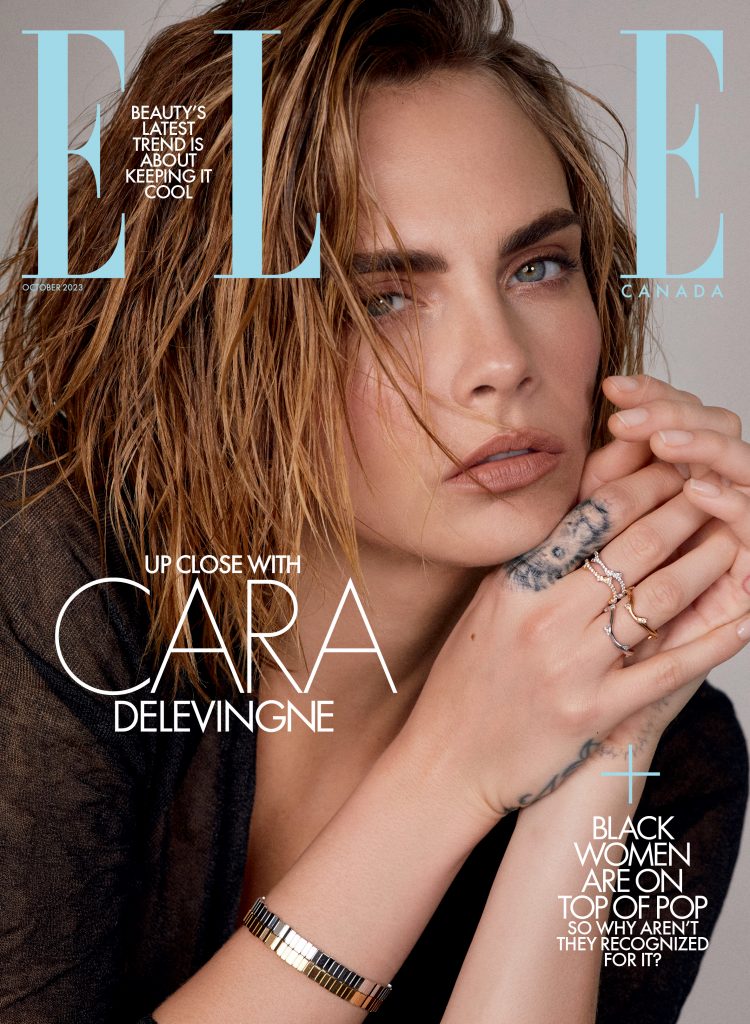 Quentin Jones
Quentin JonesFind the full story in the October 2023 issue of ELLE Canada — out on newsstands and on Apple News+ September 18. You can also subscribe for the latest in fashion, beauty and culture.
Newsletter
Join our mailing list for the latest and biggest in fashion trends, beauty, culture and celebrity.
More from Culture
Read Next

Fashion
Reformation Just Launched Sunglasses With French Eyewear Brand Jimmy Fairly
Sourcing chic vintage frames just got easier.
by : Allie Turner- May 15th, 2024

Fashion
Haider Ackermann Is the First-Ever Creative Director of Canada Goose
Plus, actor and activist Jane Fonda partners with the outerwear brand to save the polar bears.
by : Allie Turner- May 15th, 2024
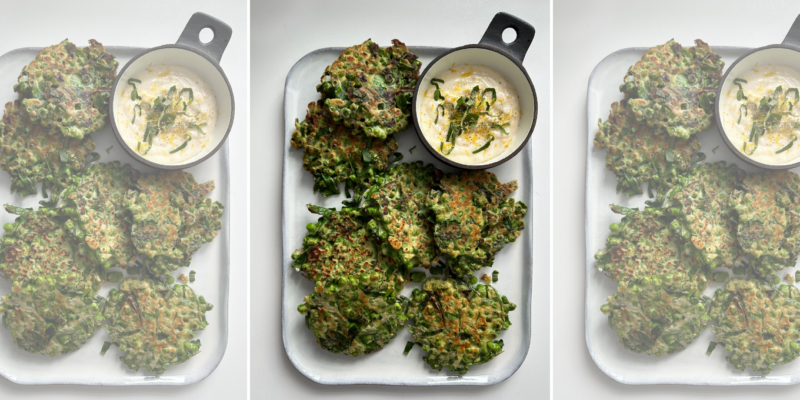
Culture
These Pea, Mint and Spinach Fritters Are the Ultimate Spring Snack
Served with a little creamy yogourt sauce on the side, these fritters are an ideal meal, appetizer or shareable snack.
by : Margaux Verdier- May 7th, 2024

